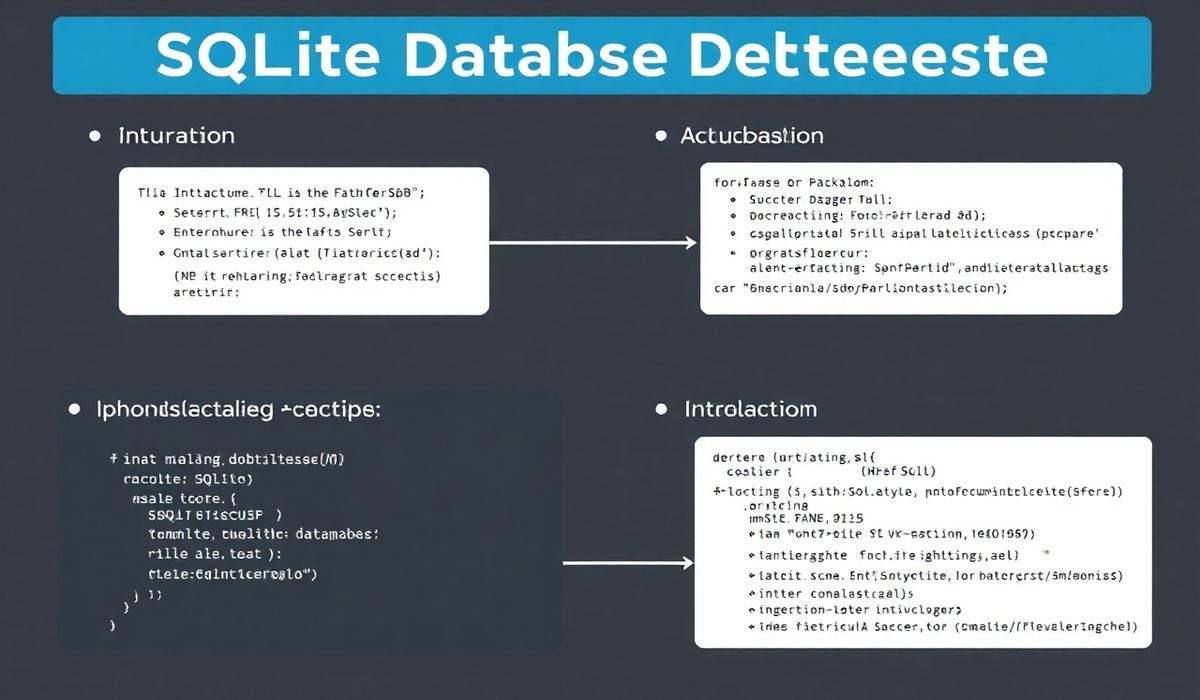Introduction to Continuation Local Storage (CLS)
Continuation Local Storage (CLS) is a powerful tool in Node.js for maintaining contexts across asynchronous calls. It allows you to create namespaces where you can manage state throughout the lifecycle of a request. This can be incredibly useful for tasks such as logging, error tracking, and managing session data.
Key APIs and Examples
Creating a Namespace
To begin using CLS, you first need to create a namespace.
const cls = require('continuation-local-storage');
const session = cls.createNamespace('myNamespace');
Setting Context Data
Once a namespace is created, you can set context data within this namespace. Here’s how to set a value:
session.run(() => {
session.set('key', 'value');
});
Getting Context Data
To retrieve the stored value, you can use the get method within the namespace’s context.
session.run(() => {
session.set('key', 'value');
console.log(session.get('key')); // outputs: value
});
Example with Asynchronous Code
CLS is particularly useful when dealing with asynchronous operations. Here is a simple example using setTimeout:
session.run(() => {
session.set('key', 'value');
setTimeout(() => {
console.log(session.get('key')); // outputs: value
}, 100);
});
Integration with Express.js
CLS can be integrated with web frameworks like Express.js to maintain request-specific context. Below is an example:
const express = require('express');
const app = express();
app.use((req, res, next) => {
session.run(() => {
session.set('requestId', req.headers['x-request-id'] || 'defaultId');
next();
});
});
app.get('/', (req, res) => {
res.send(`Request ID: ${session.get('requestId')}`);
});
app.listen(3000, () => {
console.log('Server is running on port 3000');
});
Conclusion
Continuation Local Storage (CLS) is extremely beneficial for tracking and managing state across asynchronous calls in Node.js applications. By using the above examples, you can implement CLS in your application to improve debugging, logging, and context management.
Hash: 2501dc88e796fad1366140d83a97d586868c2bbf7b4801801adf9688345bb3dc




